If you’re standing under a cold shower, you know how annoying a faulty water heater can be. The good news is you don’t have to wait weeks for a fix. With a few simple checks and the right help, you can often restore hot water in a single afternoon. Below we break down the most common culprits, what you can safely test yourself, and when it’s time to call a professional.
First, look at the power source. For electric heaters, a tripped breaker is the most frequent cause. Open your breaker panel, find the switch labeled “water heater,” and flip it back on. If it trips again, the heater’s heating element or thermostat may be faulty.
Gas heaters have a different set of suspects. A pilot light that keeps going out usually means a dirty ignitor or a faulty thermocouple. Give the pilot a quick clean with a soft brush and make sure the gas valve is fully open. If the flame still won’t stay lit, it’s safer to let a qualified plumber handle it.
Sediment buildup is another silent troublemaker. Over time, minerals settle at the bottom of the tank, insulating the heating element and forcing it to work harder. This can cause uneven heating or complete failure. Flushing the tank once a year clears the sediment and can extend the heater’s life by several years.
Don’t forget the anode rod. It’s a metal stick that protects the tank from corrosion. A rotten rod not only shortens the heater’s lifespan but can also lead to rusty water. If you see brown water or notice a metallic smell, it’s a sign the rod needs replacing.
While DIY fixes cover many issues, some problems demand a professional’s touch. If you’ve tried resetting the breaker, relighting the pilot, and flushing the tank but still have no hot water, the heating element or internal wiring may be damaged. Working with electricity or gas without proper training is risky.
Another red flag is strange noises – banging, popping, or high‑pitched squeals. These sounds often indicate a pressure build‑up or a failing thermostat. A certified technician can safely release pressure, replace worn parts, and ensure the system complies with safety standards.
Finally, if your water heater is nearing the 8‑12 year mark, it’s worth getting a professional inspection. Even a well‑maintained unit can develop hidden leaks or worn seals that cause inefficiency and higher bills. An expert can advise whether a repair makes sense or if a replacement will save you money in the long run.
At Bognor Regis Appliance Repair Experts, we specialize in quick, reliable water heater repair. Our technicians arrive fully stocked, diagnose the issue on the spot, and often finish the job before the end of the day. We cover both electric and gas models, and we always explain what we did so you understand how to keep your heater running smoothly.
So next time cold water sneaks up on you, start with the simple checks above. If the problem persists, give us a call and let our skilled team handle the rest. Hot water shouldn’t be a luxury – it should be ready whenever you need it.
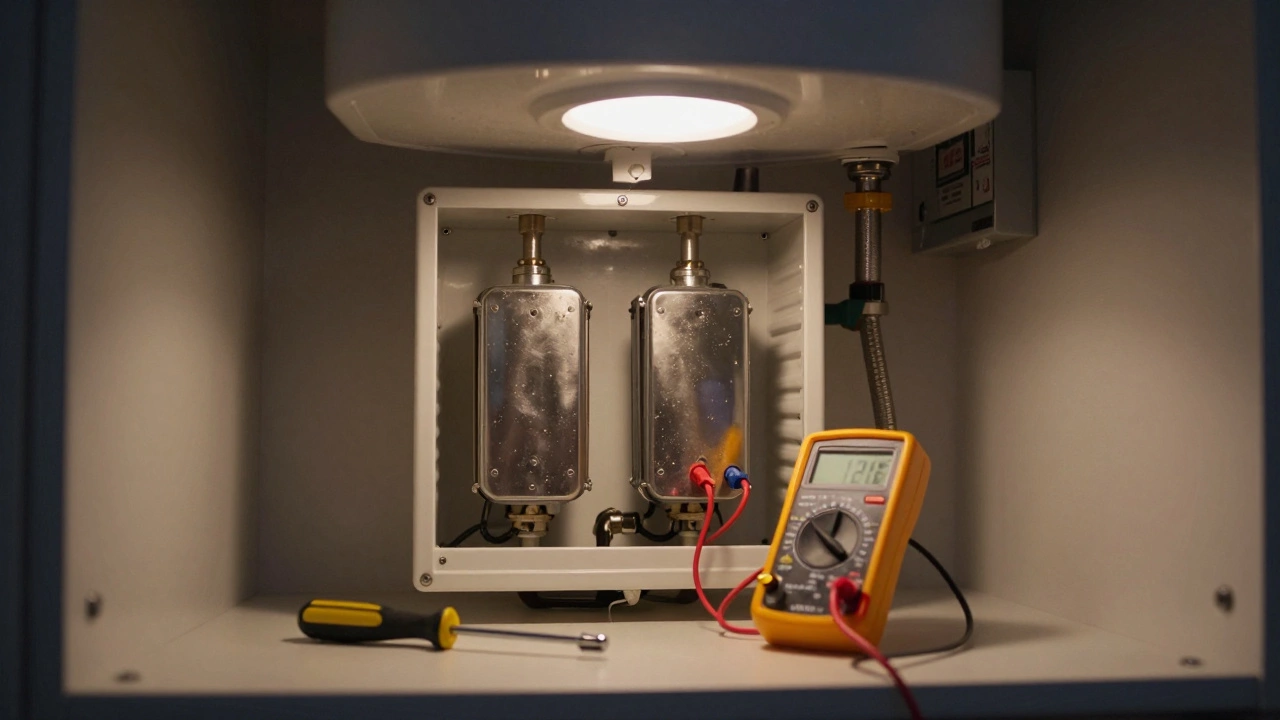
Fix a water heater producing cold water by checking the power, testing heating elements, adjusting the thermostat, flushing sediment, and replacing faulty parts like the dip tube or thermocouple. Most issues are simple DIY fixes.
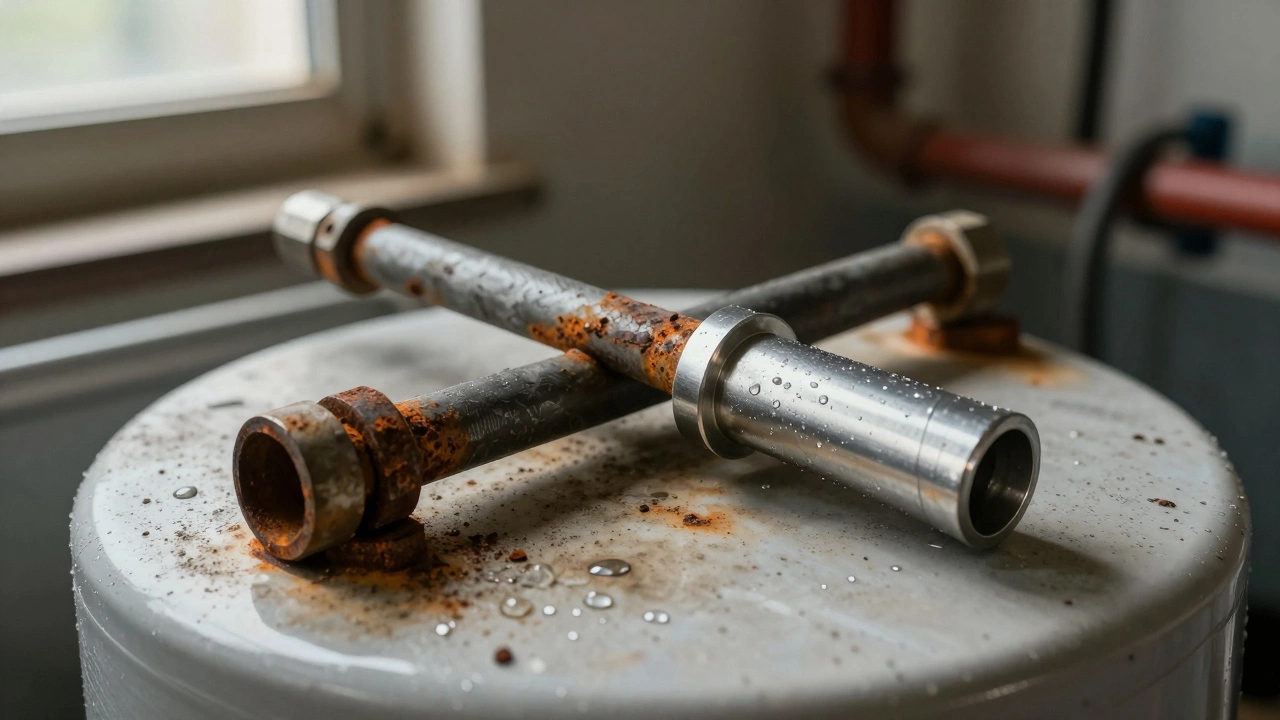
Replace your water heater's anode rod every 1-2 years in hard water areas to prevent tank corrosion. A simple £20 part can save you hundreds in repairs.
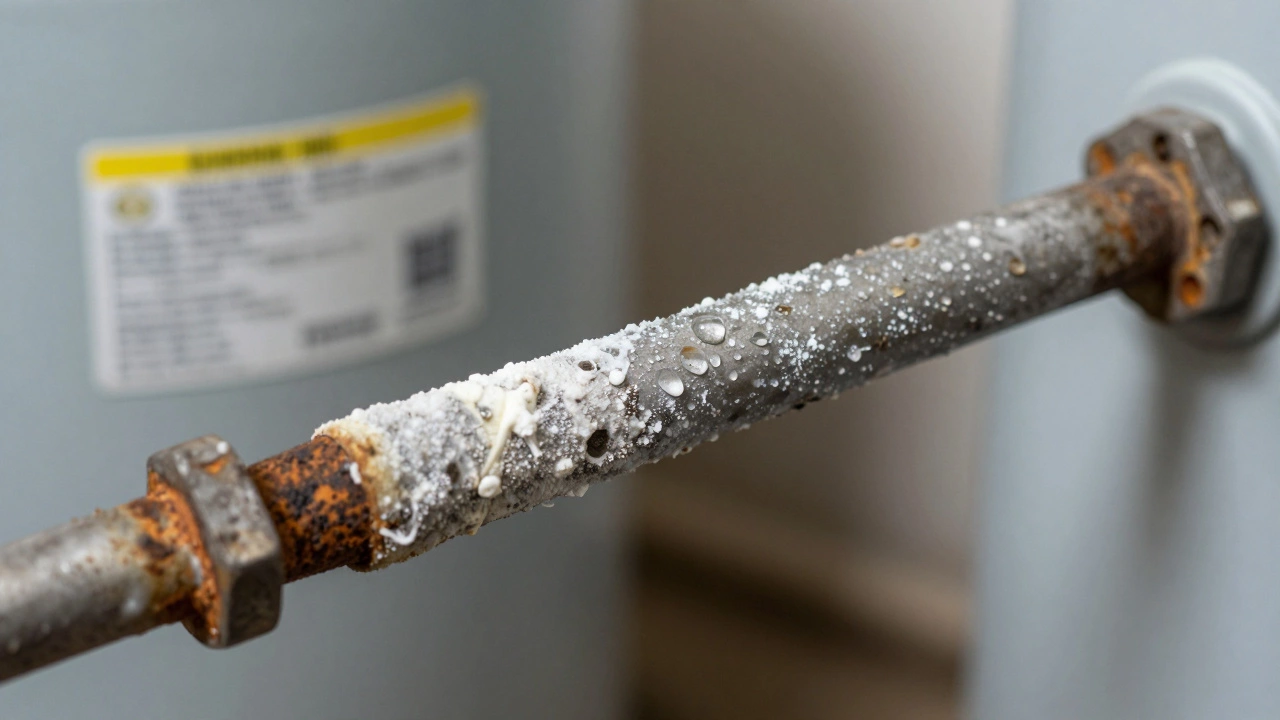
Water heaters commonly fail due to anode rod corrosion, heating element burnout, thermostat issues, and tank rust. Learn the top 5 causes and how to prevent them before you're left with no hot water.
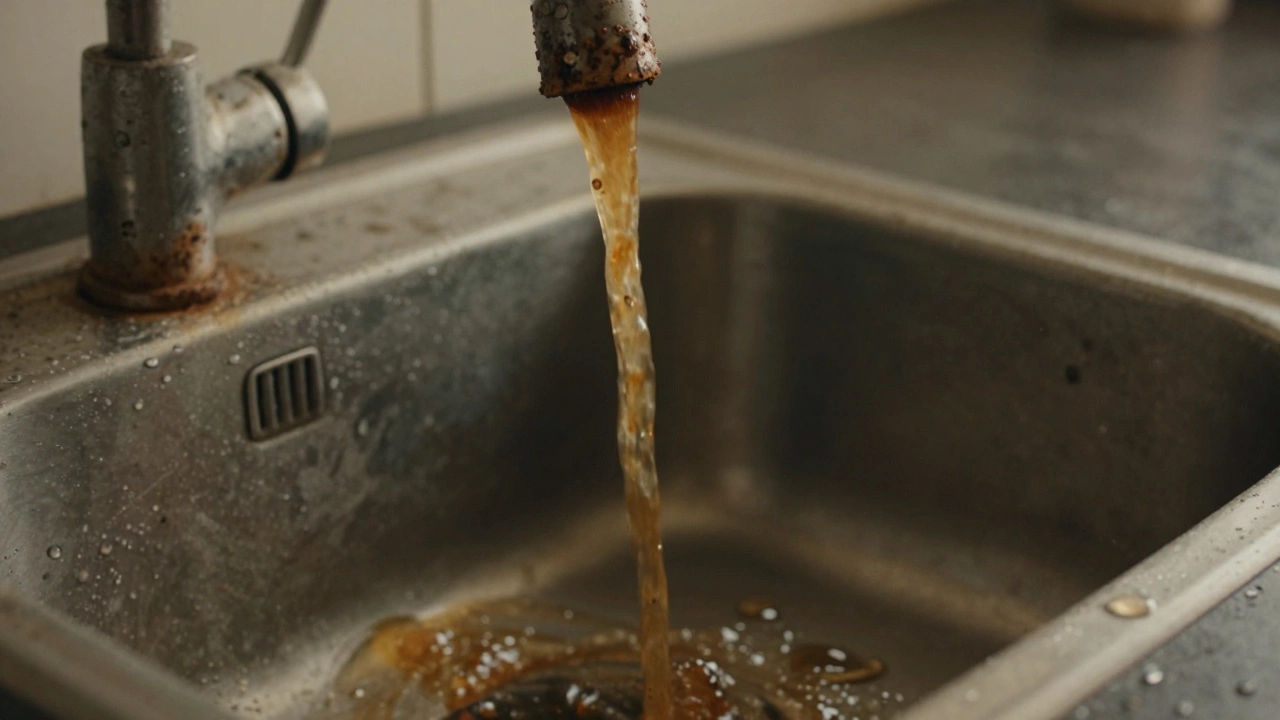
Watch for rusty water, leaks, strange noises, or no hot water-these are clear signs your water heater is failing. Age, higher bills, and bad smells mean it’s time to replace it before it breaks down.
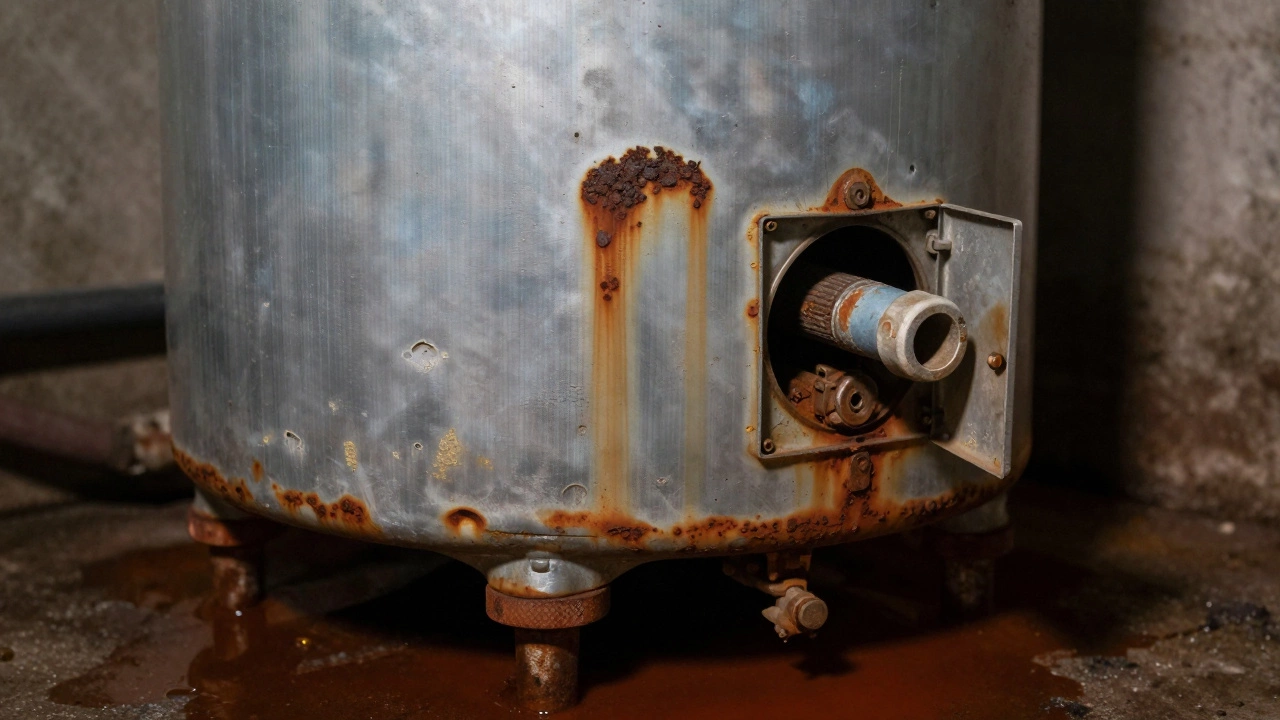
Water heaters commonly fail due to heating element burnout, thermostat issues, corrosion, and sediment buildup. Learn the top causes and how to spot them early to avoid costly repairs or sudden breakdowns.
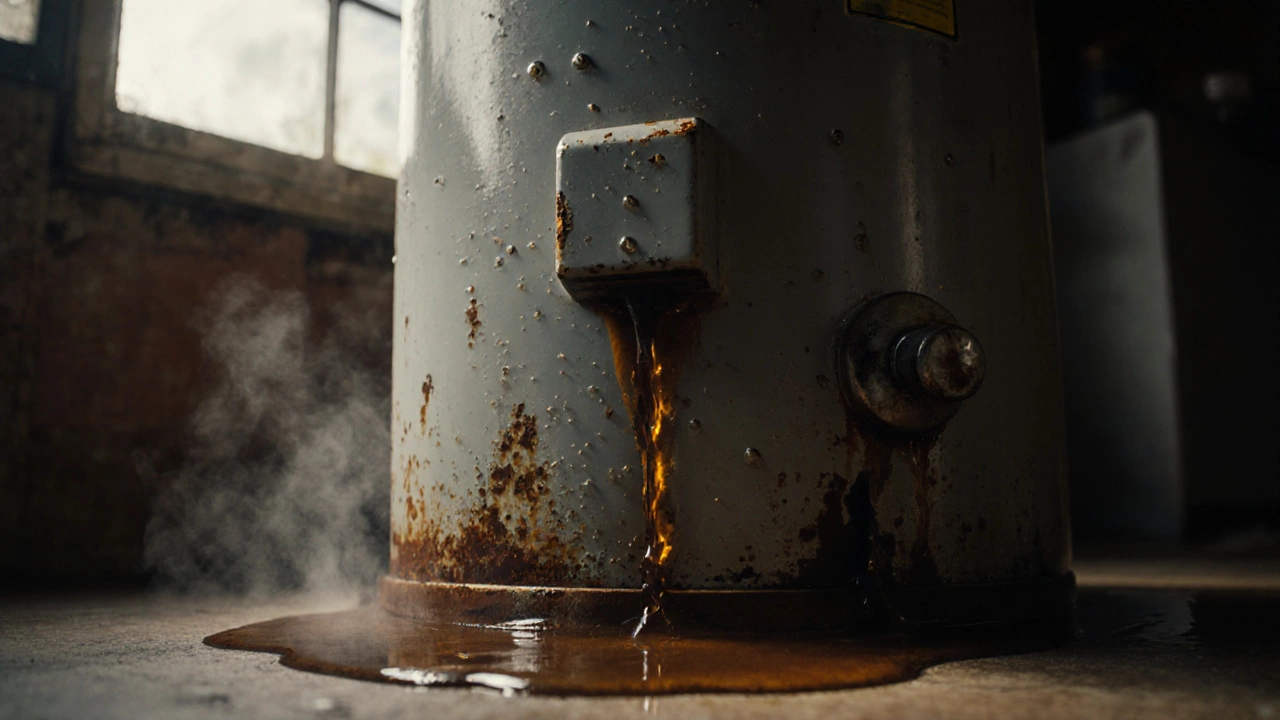
Most water heaters fail due to tank corrosion, heating element burnout, or sediment buildup. Learn the top failure points and how to spot them early to avoid costly repairs or floods.
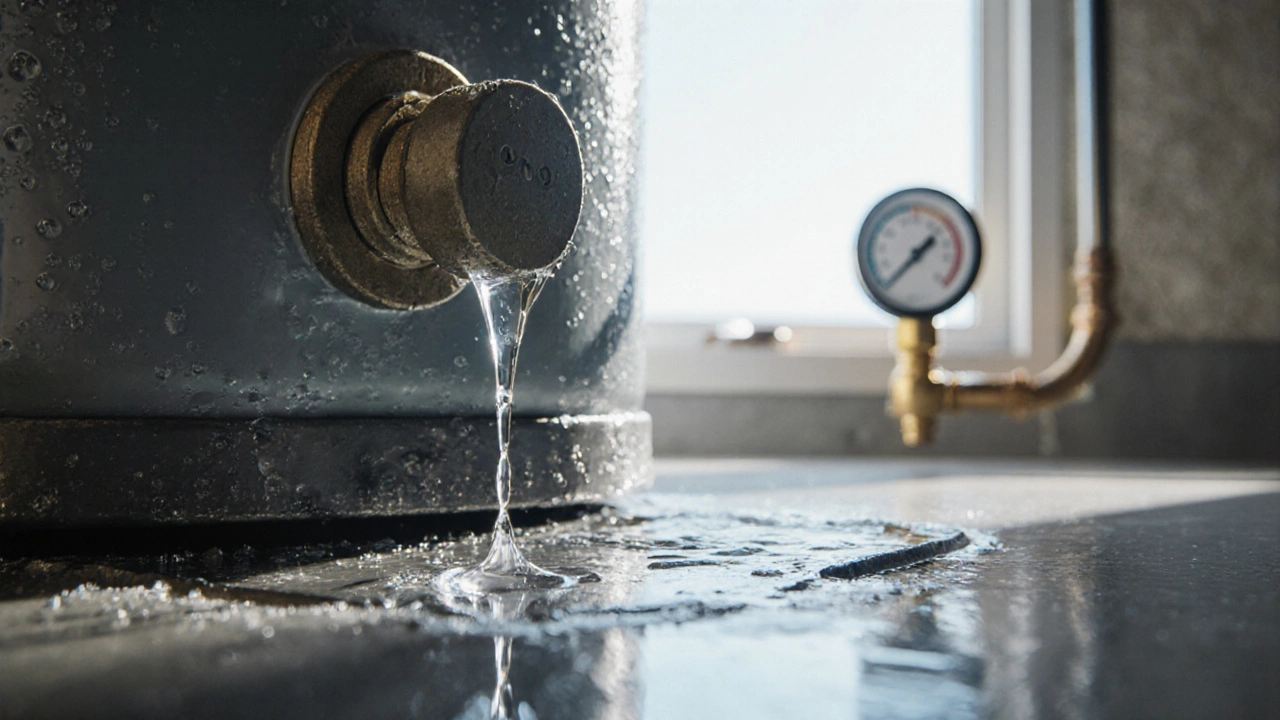
Water heater leaks usually come from five common spots: the pressure relief valve, anode rod, drain valve, tank corrosion, or pipe fittings. Learn where to look and how to fix it before it turns into a flood.
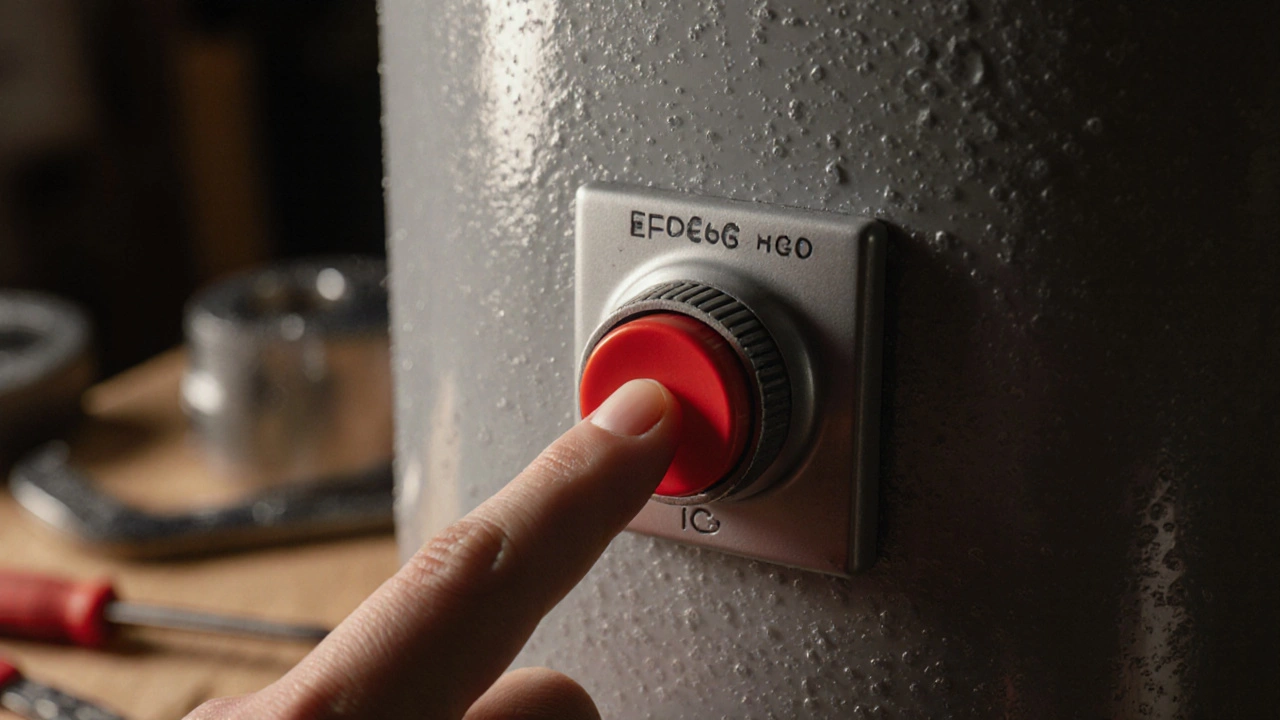
Learn how to properly reset your water heater's safety button - and why holding it down won't help. Find out what really causes it to trip and when to call a professional.
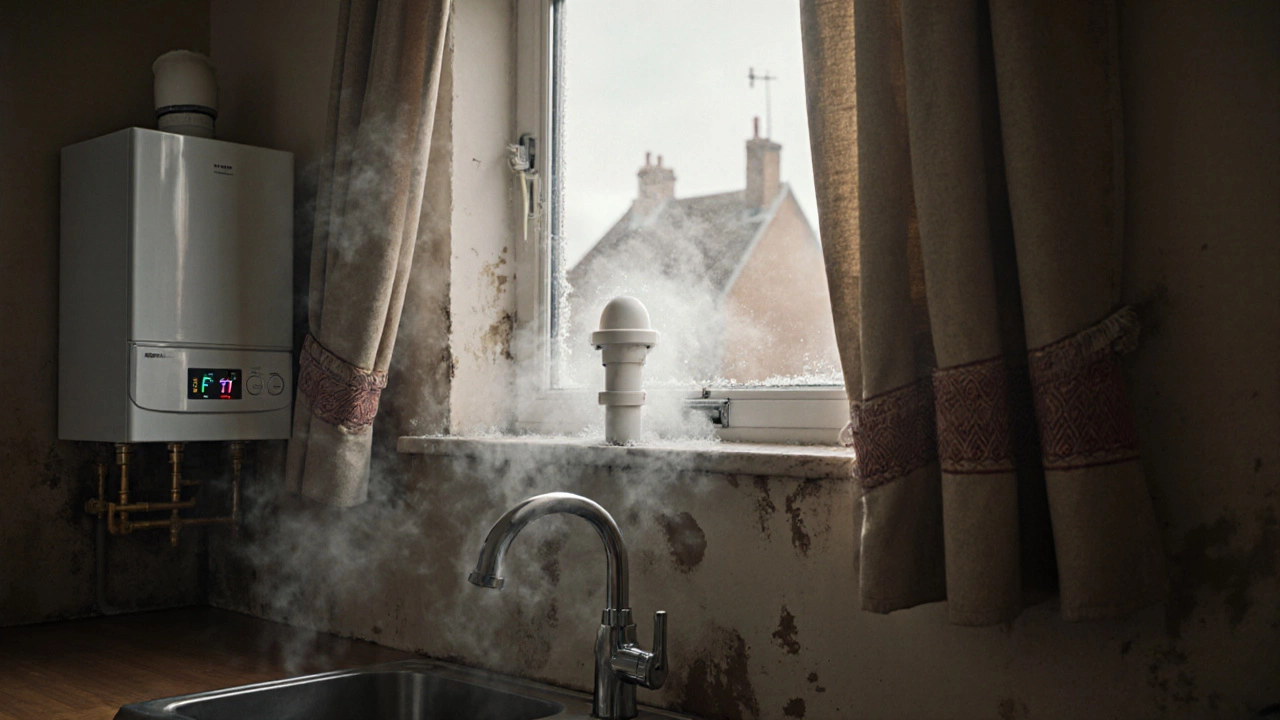
Your hot water stopped suddenly? This guide breaks down the top 7 causes - from low pressure to frozen pipes - and shows you how to fix them yourself before calling a plumber.
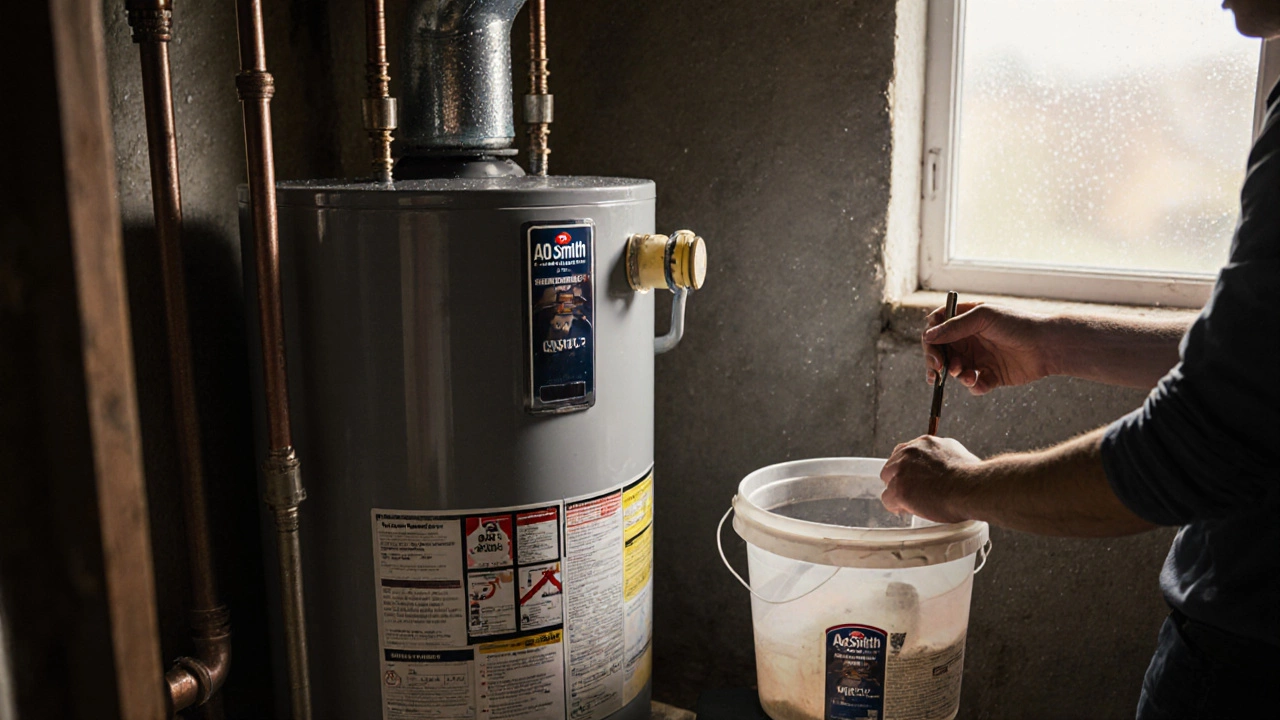
AO Smith, Bradford White, and Rheem are the most durable water heater brands, often lasting 12-15 years with proper maintenance. Learn what really affects lifespan and how to make your heater last longer.
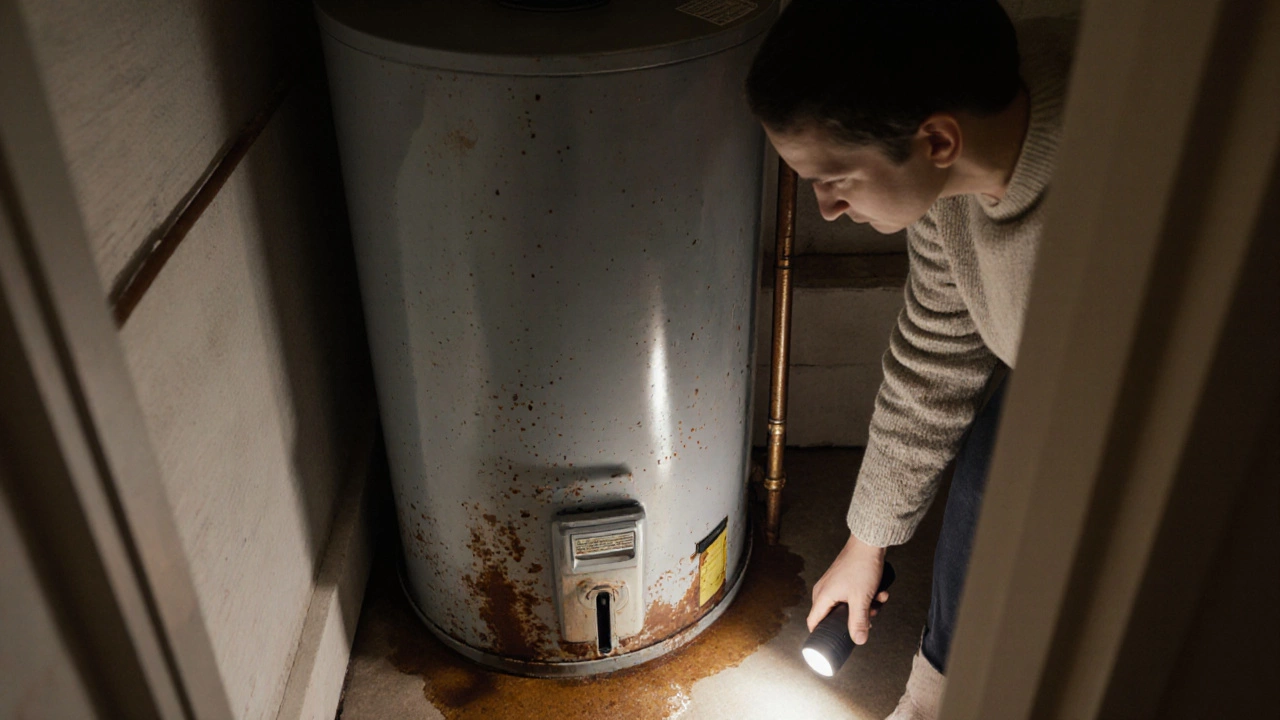
Find out if fixing a 20‑year‑old water heater makes sense. Compare repair costs, energy loss, and replacement price to decide the best move for your home.
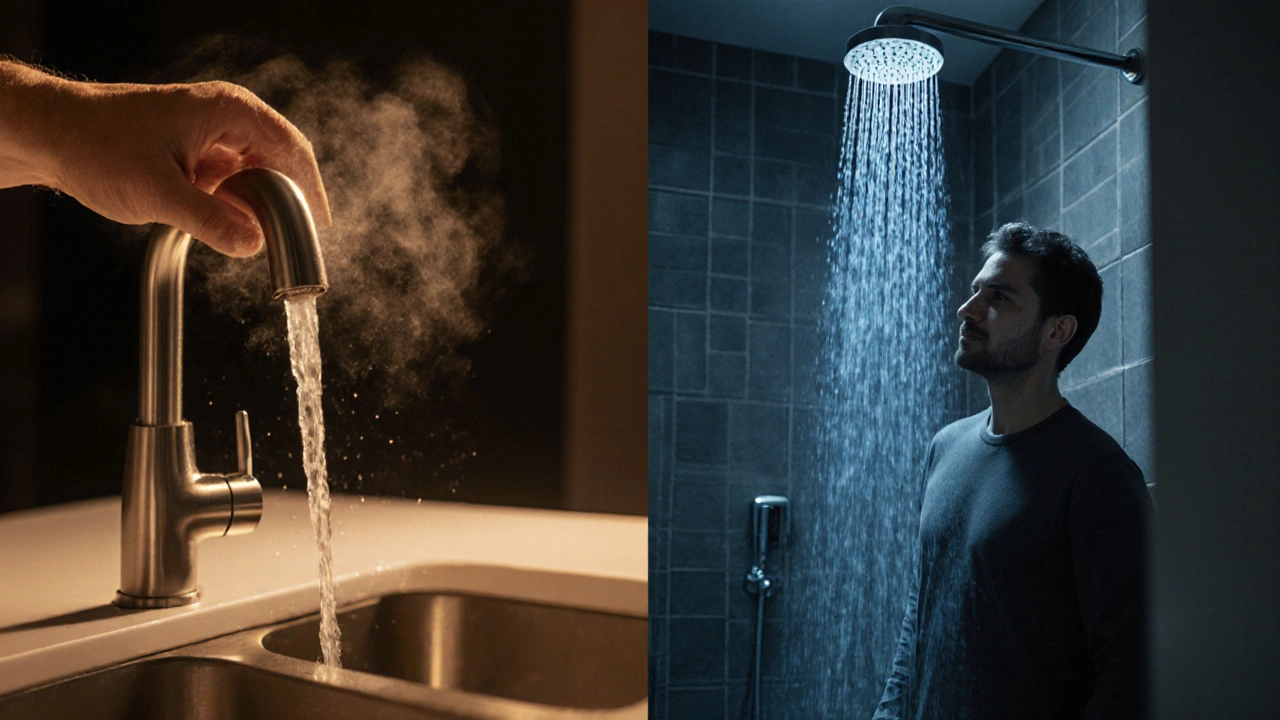
Discover why hot water reaches your sink but not the shower, learn the common causes, DIY fixes, and when to call a plumber for a reliable solution.

Curious about what counts as an appliance? Get concrete examples, clever tips, and practical facts about home appliances to make smart choices for your household.

Repairing an extractor fan can seem daunting, but with the right guidance and tools, it's a task that can be tackled with confidence. This article walks you through the essential steps of diagnosing common issues, the tools needed for basic repairs, and tips for maintaining your fan in top condition. Whether in a kitchen or bathroom, keeping your extractor fan functional ensures optimal ventilation and air quality. Learn when a repair is possible and when it might be time to seek professional help.

Frustrated by cold water instead of a hot shower? This guide breaks down the most common reasons your hot water is running cold, with simple fixes anyone can try at home.
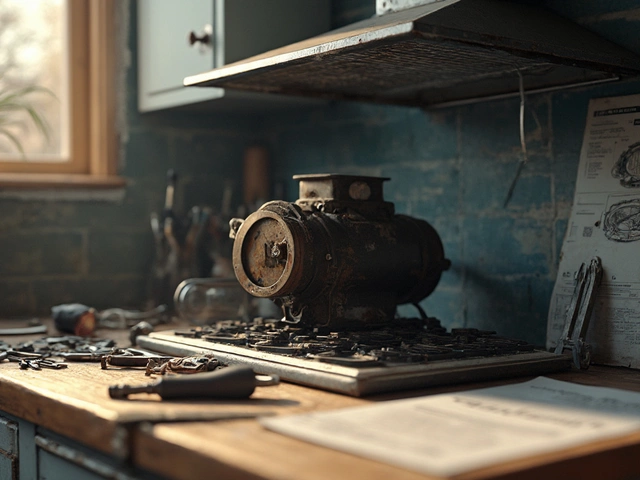
Thinking about swapping out the motor in your extractor fan? This article breaks down what's really involved, the red flags that mean the motor's cooked, and how to decide if you should tackle it yourself or call in a pro. It covers how to find the right replacement part, tips to avoid shocking mistakes, and why some fans just aren’t worth fixing. Whether your bathroom fan wheezes or your kitchen extractor hums like a jet, here’s how to handle a motor on its last legs.
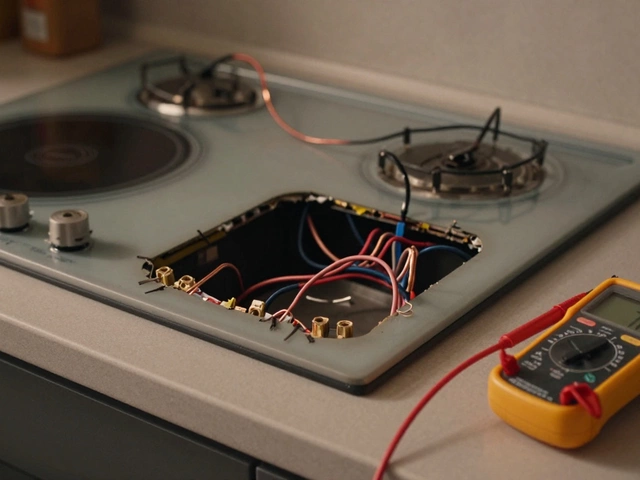
Replacing an electric hob isn't a DIY job. In the UK, it requires a qualified electrician for safety, legal compliance, and insurance reasons. Here's what you need to know before swapping your hob.